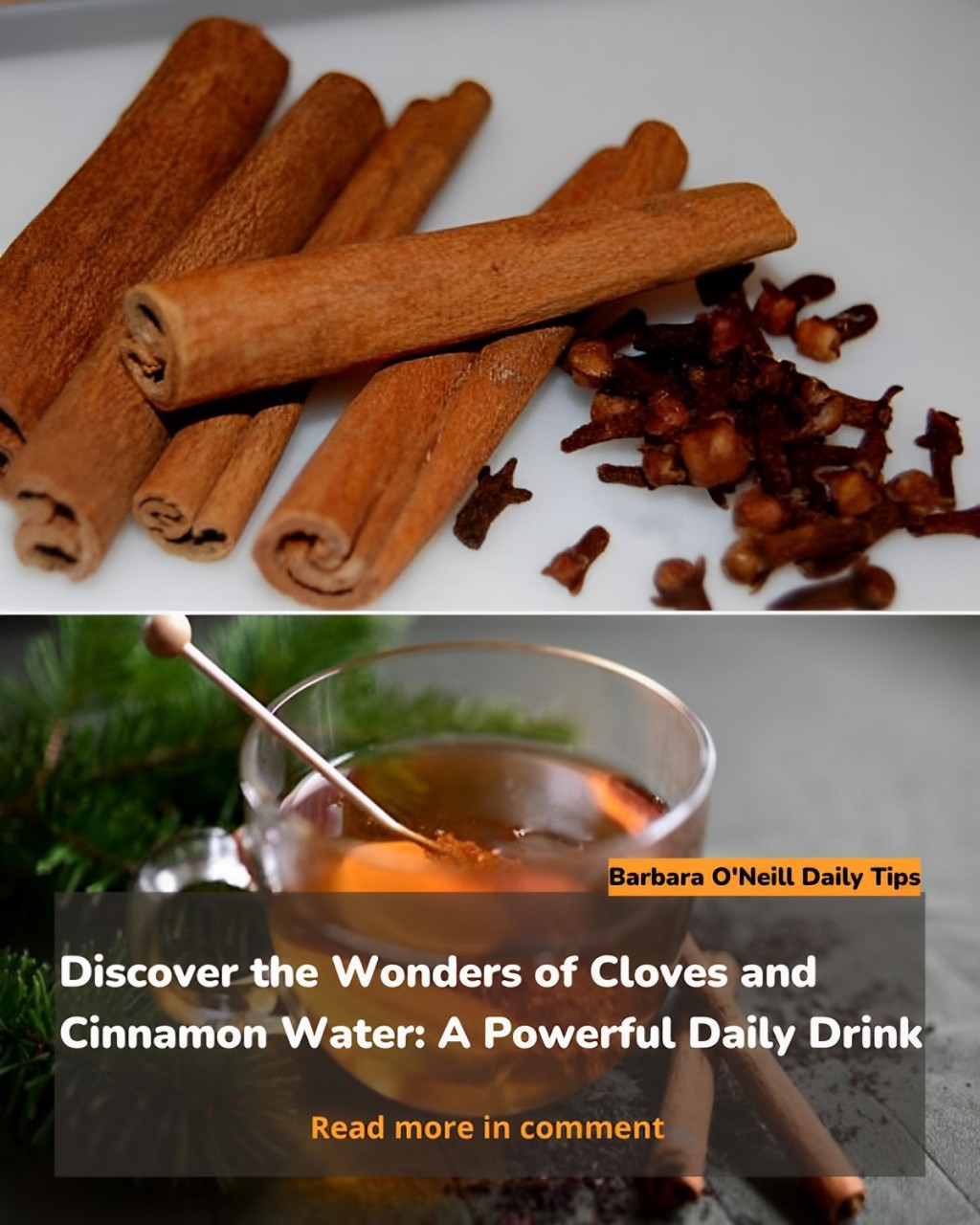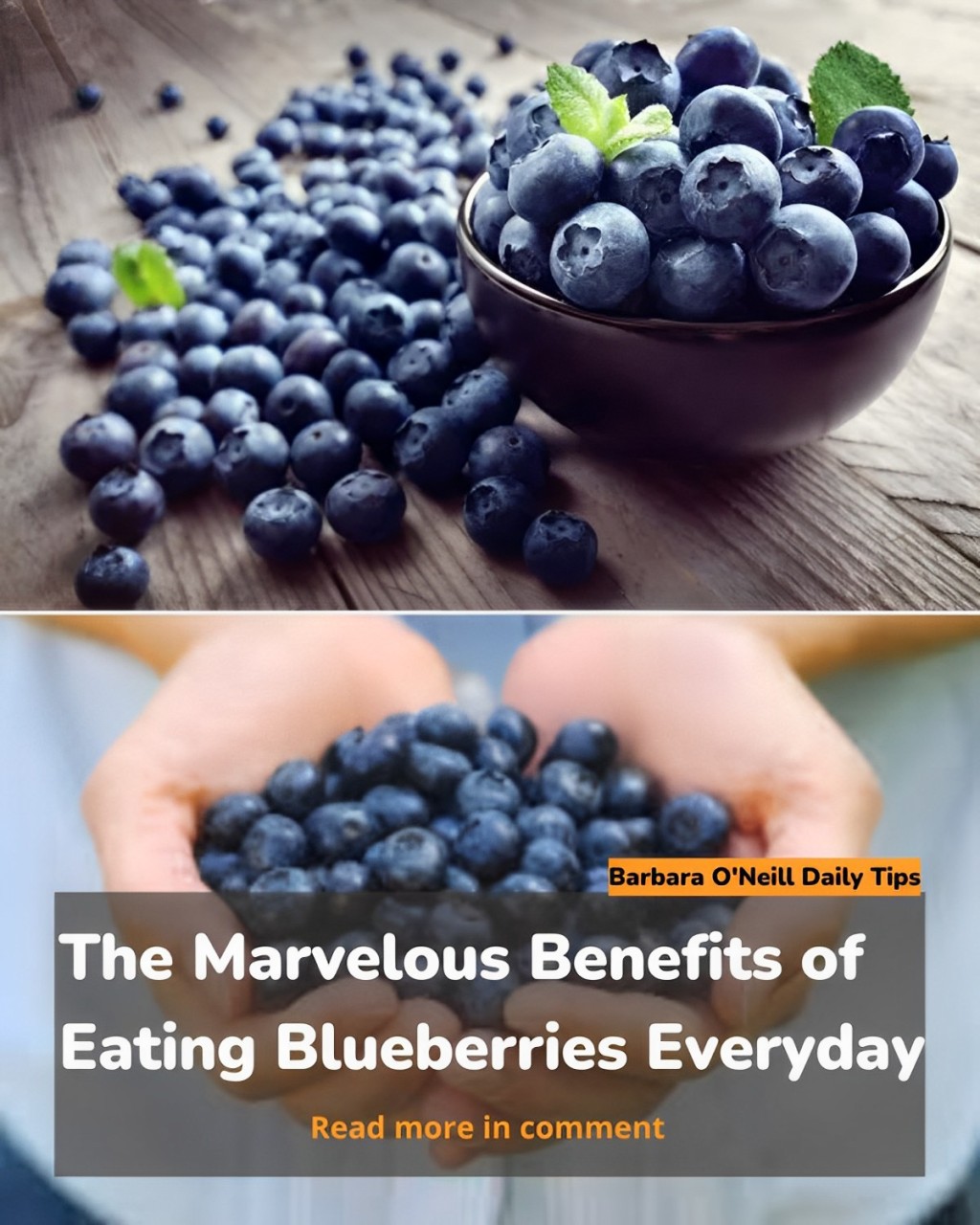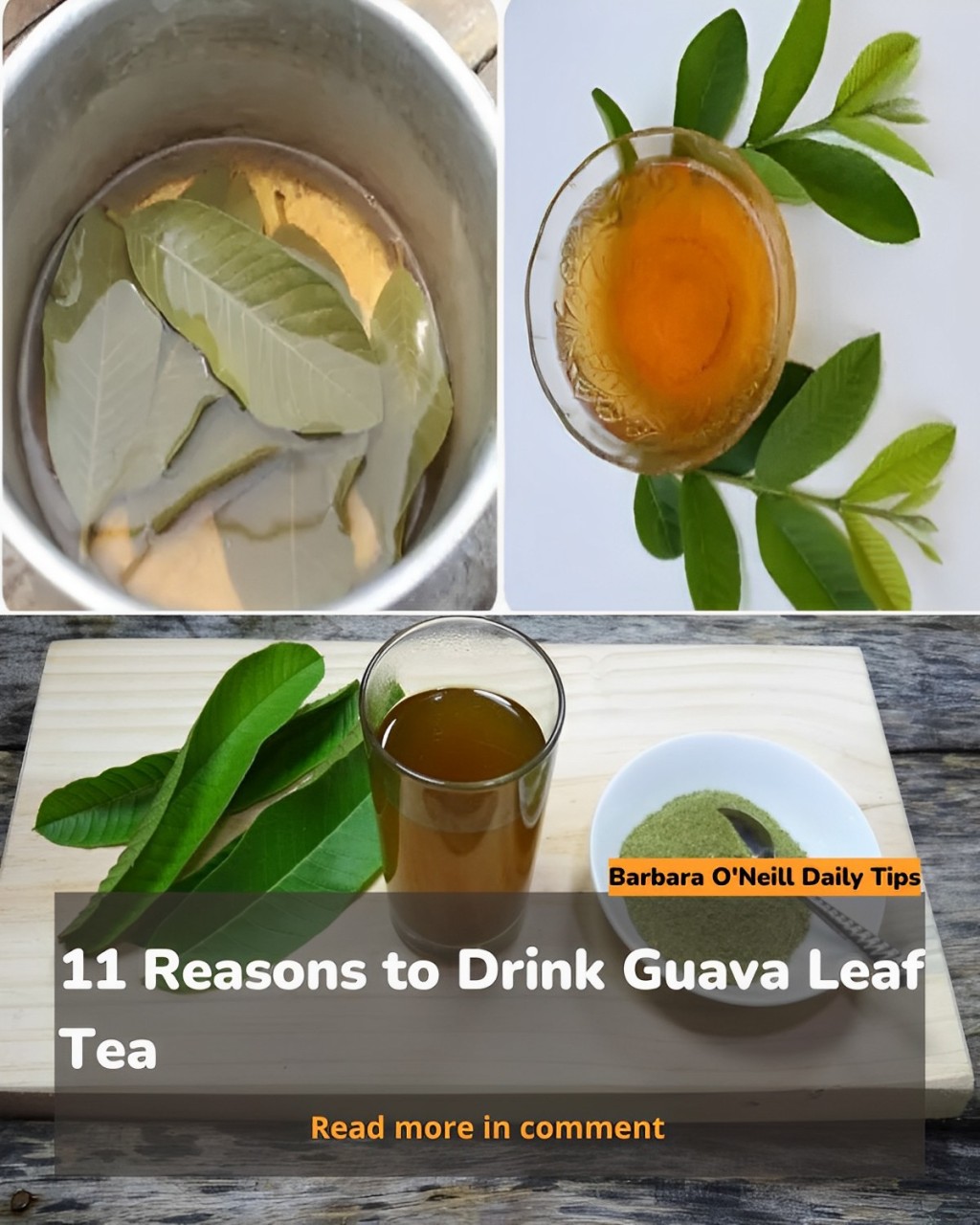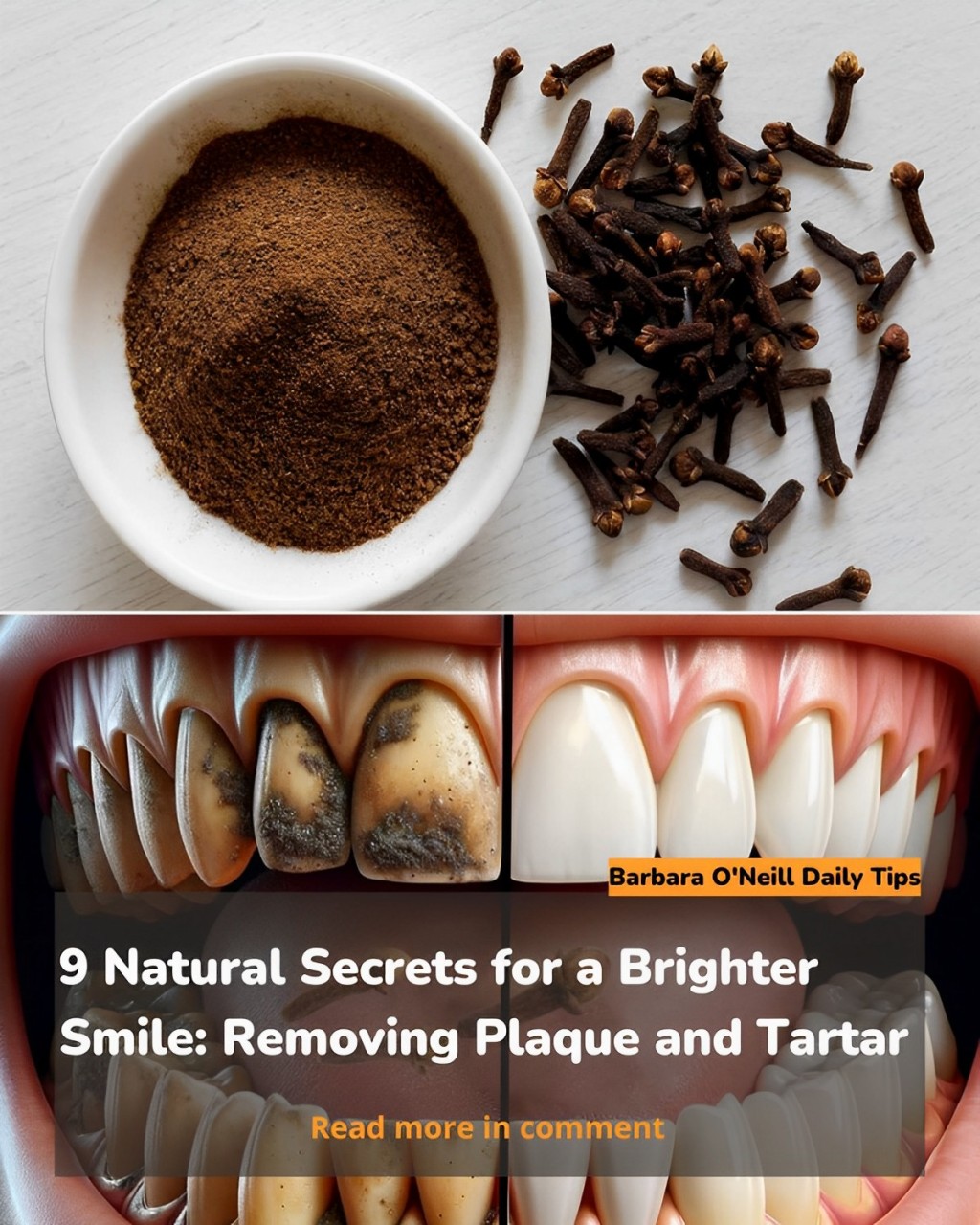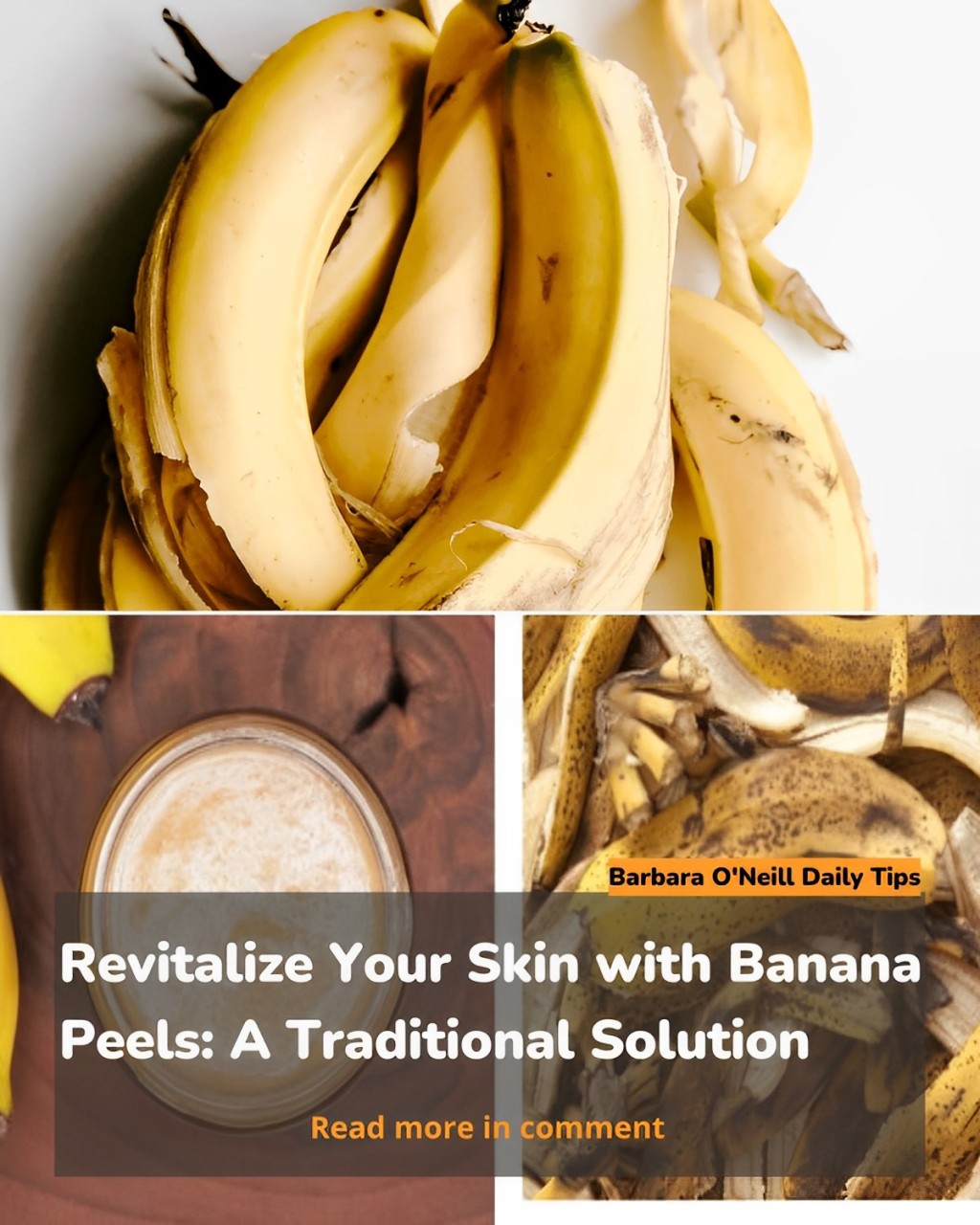Collagen is a protein that is not only found in animal parts but there are some plant food sources that can help our bodies synthesize collagen. What types of foods are they? Food sources rich in lysine are essential for collagen production.
Food sources rich in lysine are essential for collagen production.
1. Nutrients participating in collagen synthesis
Collagen is a protein found in tendons, muscles, bones and skin and is considered the glue that connects parts of the human body. Because collagen levels gradually decrease with age, eating lots of foods that help the body produce collagen can help maintain youthful skin and reduce the risk of joint diseases.
According to BS. Phuong Ho, Central Dermatology Hospital, as we age, collagen in the body will break down and collagen production will also decrease. Symptoms of decreased collagen production are easily seen through lack of skin elasticity, dry skin and the appearance of wrinkles, bones and joints lose flexibility…
Collagen can be naturally biosynthesized in the body by combining amino acids such as proline and glycine. This process requires vitamin C and minerals such as zinc and copper.
Amino acids
The human body is capable of doing some amazing things, including making its own collagen from protein fragments called amino acids. However, our bodies also need the right amino acids to create collagen protein.
Lysine, glycine and proline are three amino acids necessary for collagen production. Although all three amino acids are important in this process, each amino acid has its own benefits.
Proline is essential for skin health and wound healing. Foods rich in proline are: cabbage, yogurt, asparagus, bamboo shoots, seaweed, mushrooms, sunflower seeds…
Glycine promotes restful sleep, balances blood sugar levels, and aids in tendon repair. Sources of glycine come from seaweed, watercress, asparagus, cabbage, tofu, spinach, beets, sweet potatoes, pumpkin, carrots, pears, apples, bananas, whole grains, and oriental seeds. poplar, sesame seeds, cashews, pistachios and beans…
Lysine is necessary for the synthesis of connective tissue, promoting bone growth. Plant-based sources of lysine include: tofu, chickpeas, cooked spinach, beets, sweet potatoes, quinoa, squash, pumpkin seeds, cashews, pistachios, hemp seeds, bird’s nest Barley, avocado, mango, beans…
Vitamin C
Vitamin C is important in collagen production. Without vitamin C, the body cannot form collagen. Research shows that the presence of vitamin C directly activates DNA to regulate and maintain intracellular collagen levels, thereby having a direct effect on anti-aging. In addition, the antioxidant properties of vitamin C help fight free radicals, support skin regeneration, repair damaged cells, and support skin rejuvenation.
Food sources rich in vitamin C are very rich, including: Citrus, strawberries, kale, bell peppers, papaya, tomatoes, parsley, broccoli…
Zinc
Zinc is a cofactor in the collagen production process, playing an important role in helping to synthesize collagen in the body. This mineral is essential for cell repair and helps protect collagen in the body from damage. Zinc deficiency can reduce the amount of collagen produced, so getting enough zinc is important.
Food sources rich in zinc include: cocoa, pumpkin seeds, watermelon seeds, sesame seeds, spinach, almonds, cashews, chickpeas, lentils, oats…
Copper
Copper is also an essential mineral in collagen production, which is necessary for the formation of red blood cells, bones and connective tissue. Copper activates lysyl oxidase, an enzyme essential for collagen maturation, which helps form fibers that support tissues.
Scientists are beginning to study copper’s usefulness in collagen synthesis and suggest that it is important in the formation of collagen in bones, which helps maintain bone strength.
Although only needed in small amounts, the body cannot produce copper and must be provided through the diet with copper-rich foods such as sunflower seeds, sesame seeds, almonds, cashews, spirulina, shiitake mushrooms, kale, spinach…
Silicon
Silicon is an essential mineral for bone health, helping to prevent diseases such as osteoporosis and osteoarthritis. This mineral supports collagen production, contributing to the structural integrity and elasticity of the skin.
According to the American Journal of Clinical Nutrition, low levels of silicon are associated with reduced bone and connective tissue growth and may be associated with signs of premature skin aging.
Foods containing silicon include: cherries, oranges, apples, beets, eggplant, figs, strawberries, tomatoes, grapes, almonds, peanuts, pumpkin seeds, sunflower seeds, cucumbers, celery potatoes, potatoes, sweet potatoes, carrots, whole grains…

Strawberries are one of the top foods that help with collagen creation.
2. Some plant foods help boost collagen production
Green leafy vegetables: spinach, broccoli, kale… contain lots of vitamin C, a vitamin necessary for the production of type I collagen. This is the most abundant form of collagen in the body.
Strawberries: In addition to providing vitamin C, strawberries are also considered one of the top collagen-generating foods because they contain ellagic acid, a type of antioxidant that has been shown to protect against collagen degradation. Other berries such as blueberries and raspberries are also rich in this essential antioxidant.
Citrus fruits: Citrus fruits such as lemons, oranges, and grapefruits are very nutritious and contain lots of vitamin C, which plays a central role in collagen production. In addition, they also contain many antioxidants, fiber and other micronutrients that are good for overall health.
Garlic: Garlic is one of the top herbs rich in collagen-boosting compounds like sulfur, which is believed to enhance collagen synthesis in the body.
Pumpkin seeds: These seeds are rich in nutrients and help boost collagen. Pumpkin seeds are also high in zinc, an important mineral that is integral to collagen synthesis along with immune function, wound healing and cell growth.

